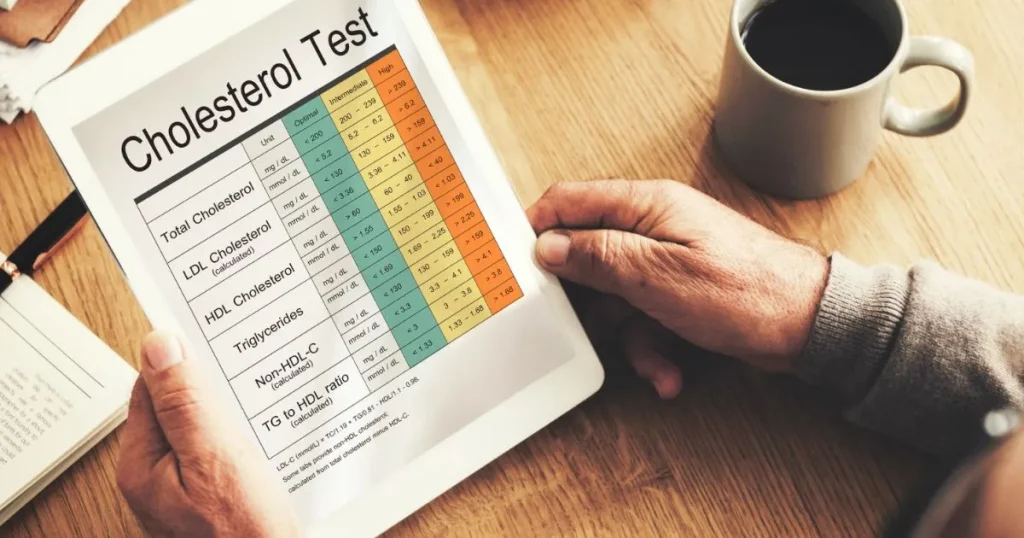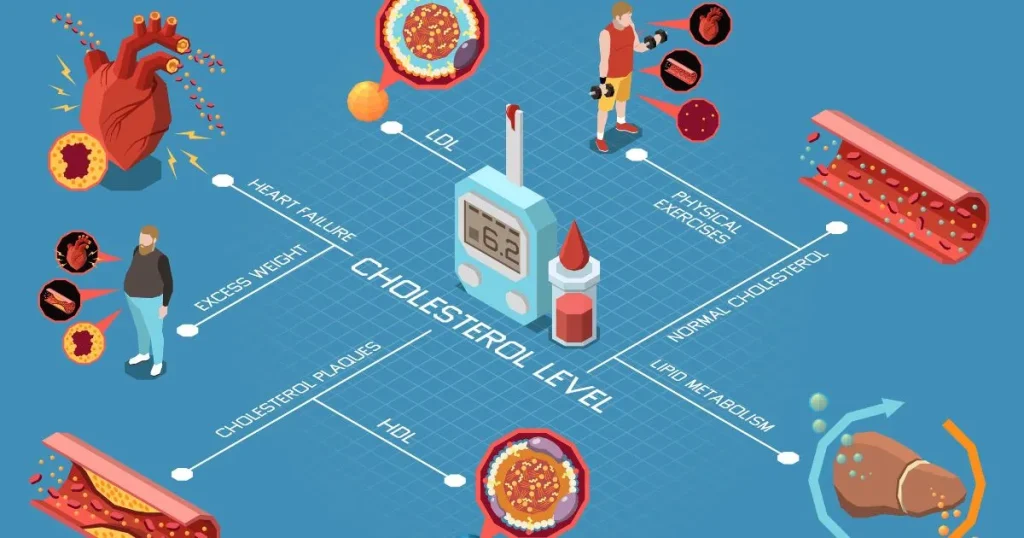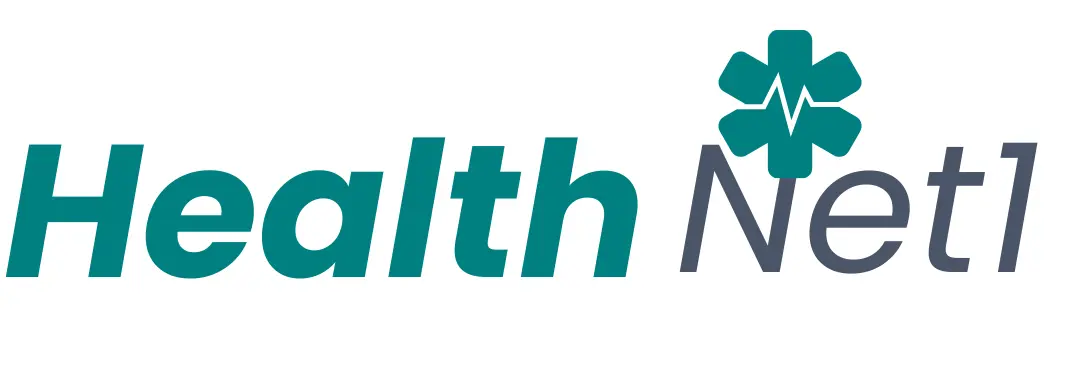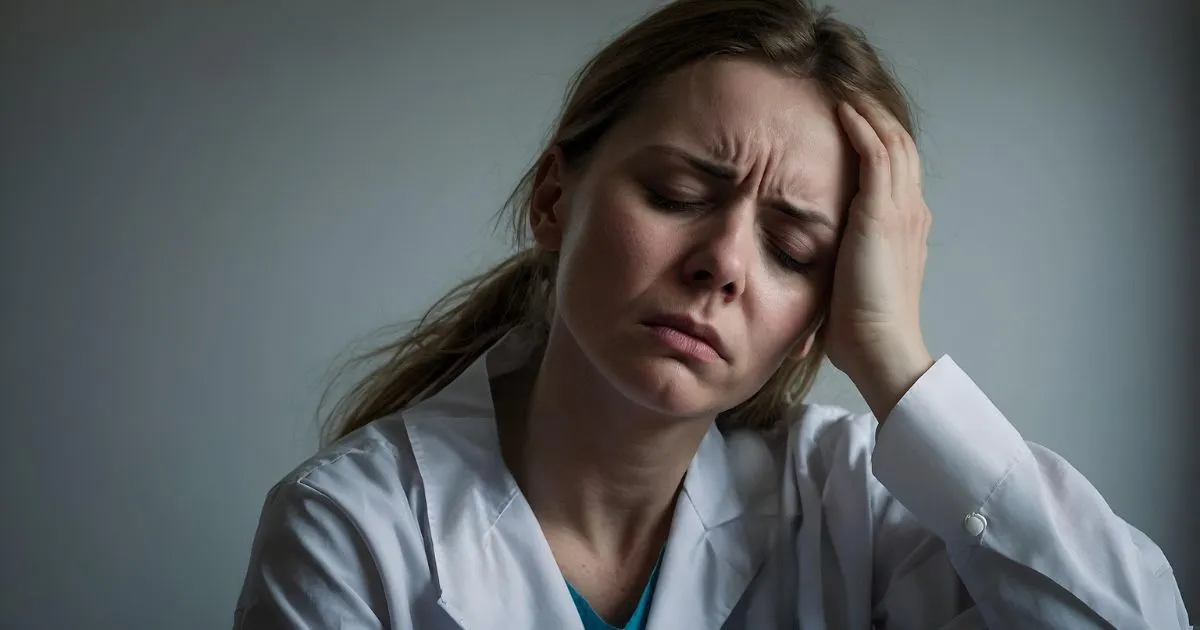Feeling Drained? It Might Not Just Be Stress
Have you ever found yourself struggling to stay awake, even after a full night’s sleep? Maybe you constantly feel like you’re running on empty, dragging yourself through the day with no clear reason why. You might chalk it up to a busy schedule or stress, but if that tiredness never goes away, it’s time to dig deeper. One overlooked culprit could be high cholesterol.
Table of Contents
Yes, really. When you think of high cholesterol, fatigue probably isn’t the first symptom that comes to mind. But if you’ve been wondering, “Does high cholesterol make you tired?“ the answer might surprise you.
What Is High Cholesterol?
Understanding the Basics

Cholesterol is a fatty substance found in your blood. Your body needs some cholesterol to build healthy cells, but having too much can increase your risk of heart disease. There are two main types:
- LDL (low-density lipoprotein): Often called “bad” cholesterol. It builds up on the walls of your arteries.
- HDL (high-density lipoprotein): Known as “good” cholesterol because it helps remove LDL from your bloodstream.
When your LDL levels are too high, fatty deposits can accumulate in your blood vessels, narrowing or blocking them and reducing blood flow.
What Causes High Cholesterol?
- Diet high in saturated fats and processed foods
- Sedentary lifestyle
- Smoking and excessive alcohol use
- Genetic conditions (like familial hypercholesterolemia)
- Certain medical conditions (e.g., diabetes or hypothyroidism)
Can High Cholesterol Cause Fatigue? Here’s the Science
The Indirect Link
You might not find “fatigue” listed under common cholesterol symptoms, but here’s the deal: high cholesterol can lead to reduced oxygen delivery throughout your body. When arteries are clogged or narrowed, your blood flow becomes sluggish, depriving your muscles and brain of the oxygen and nutrients they need. The result? You feel exhausted.
More Than Just Feeling Tired
Let’s break down how this happens:
- Poor Circulation: Less oxygen reaches your tissues.
- Heart Overload: Your heart works harder to push blood through narrow arteries.
- Sleep Disturbances: High cholesterol is linked to sleep apnea and poor sleep quality.
- Low Energy: Less efficient energy production in cells can leave you feeling drained.
You may not even notice these issues developing until fatigue becomes your new normal.
Other Overlooked Symptoms of High Cholesterol
You’re probably wondering: what else should I look out for?
Signs That Often Go Unnoticed
- Shortness of breath during simple tasks
- Dizziness or lightheadedness
- Numbness or tingling in hands and feet
- Chest discomfort, especially during exertion
- Slower recovery after exercise
- Cold extremities (due to poor circulation)
Many of these symptoms are subtle at first. That’s why fatigue can be a key early warning sign—your body’s way of waving a red flag.
How to Know If Cholesterol Is Behind Your Fatigue
When to Get Checked
If you’re tired all the time, don’t just power through it. It’s smart to ask your doctor for a lipid panel—a simple blood test that measures:
- Total cholesterol
- LDL (bad cholesterol)
- HDL (good cholesterol)
- Triglycerides
If your results are out of range, your fatigue might have a name—and a solution.
What Else Could It Be?
Keep in mind, fatigue is a symptom with many causes:
- Anemia
- Thyroid issues
- Vitamin deficiencies
- Chronic stress
- Depression or anxiety
This is why professional diagnosis is essential. Don’t self-diagnose or guess.
How to Regain Your Energy by Managing Cholesterol
Lifestyle Changes That Work

You have more control than you think. Try implementing these habits:
- Eat smart: Choose whole grains, fruits, vegetables, and lean proteins.
- Move more: 30 minutes of exercise most days can do wonders.
- Ditch bad habits: Quit smoking and reduce alcohol.
- Lose weight: Even 5-10% weight loss can improve cholesterol.
- Manage stress: Yoga, walking, and meditation help lower your cortisol levels.
Medical Interventions
If lifestyle tweaks aren’t enough, your doctor may suggest:
- Statins: Cholesterol-lowering medications that reduce LDL levels.
- Other meds: PCSK9 inhibitors, bile acid sequestrants, or niacin.
- Supplements: Omega-3s or plant sterols (with doctor approval)
Note: Some statins can cause fatigue as a side effect. If that happens, discuss alternatives with your doctor.
How Long Before You Feel Better?
Results vary, but many people start to feel more energetic within a few weeks of lowering their cholesterol. Your heart doesn’t have to work as hard, and your body gets the oxygen it needs. It’s a process, but it’s worth it.
Learn More from Trusted Sources
To dive deeper into cholesterol and fatigue, check out these reliable resources:
- Visit the CDC’s Cholesterol Page to understand how cholesterol affects your health.
- Read Mayo Clinic’s guide to high cholesterol for causes, symptoms, and treatments.
- Explore the American Heart Association’s resources to get tips on managing your cholesterol.
Frequently Asked Questions (FAQ)
Does high cholesterol make you tired even if I feel fine otherwise?
Yes. Fatigue can appear before more obvious signs like chest pain. Don’t ignore it.
Can cholesterol medication make me more tired?
Sometimes, yes. Statins may cause muscle fatigue or weakness. Talk to your doctor about options.
How long does it take to regain energy after treatment?
You may notice improvements within weeks, especially with lifestyle changes and medication.
Should I get tested if I’m constantly tired?
Absolutely. A simple lipid panel can reveal a lot about your heart health and energy levels.
Final Thoughts: Listen to Your Body
You don’t have to live in a fog of fatigue. If you’ve been wondering why you’re always tired, it’s time to consider your heart health. High cholesterol might not scream for attention, but it whispers through your weariness. Get tested. Take control.
Your energy—and your life—are worth it.
If you found this helpful, share it with someone who’s always tired and doesn’t know why. And don’t forget to talk to your doctor about getting your cholesterol levels checked today.
Disclaimer: This article is for informational purposes
only. It is not a substitute for professional medical advice, diagnosis,
or treatment. Always consult your healthcare provider before making any
health-related decisions.

